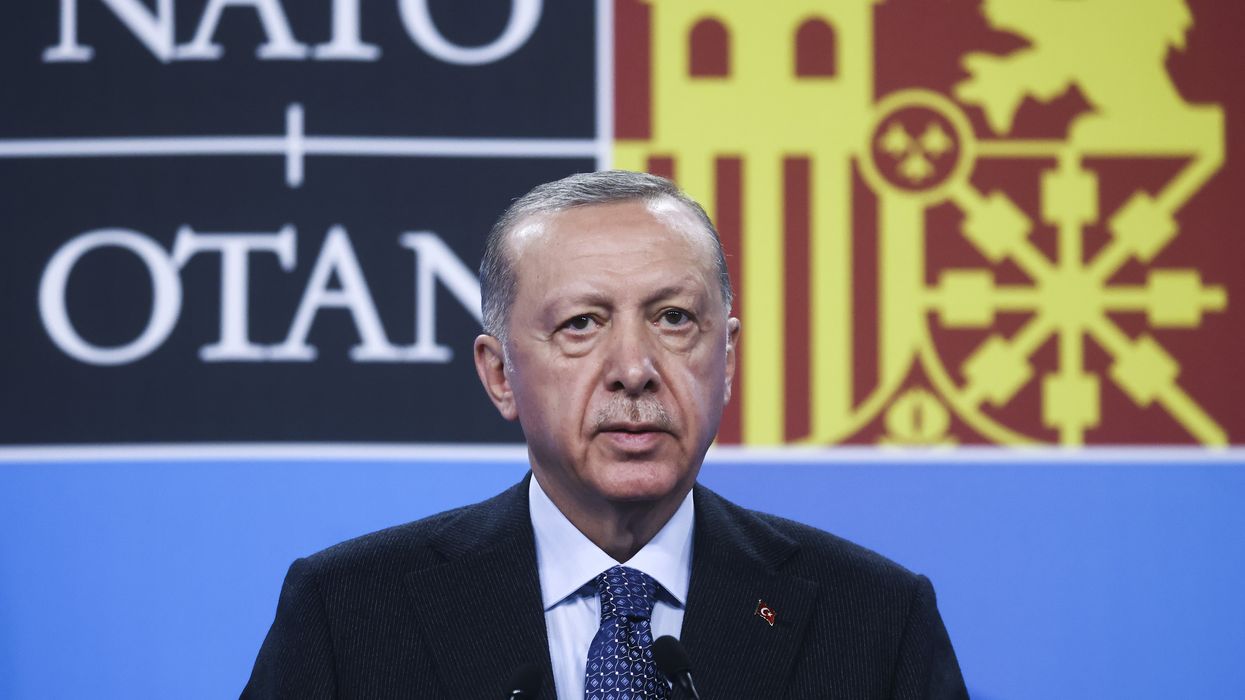What We're Watching
Turkey finally greenlights Sweden’s entry into NATO
Stockholm is finally within sight of joining NATO after Turkish President Recep Tayyip Erdogan on Monday submitted a bill to parliament approving Sweden’s membership.
Oct 23, 2023


